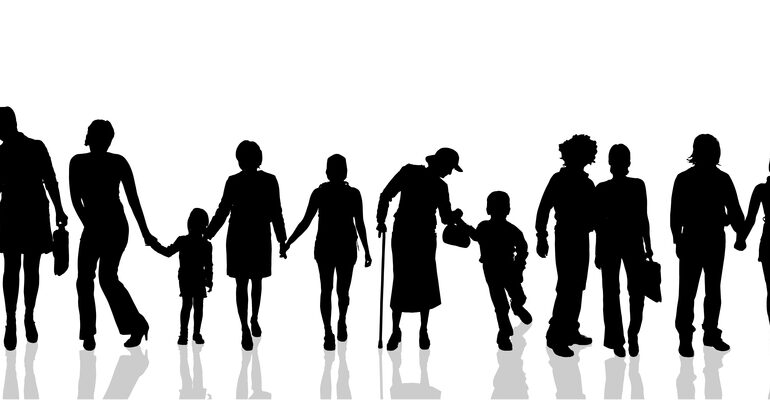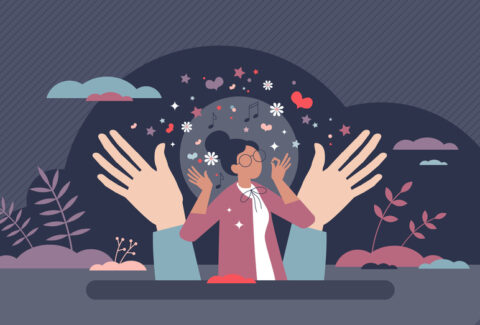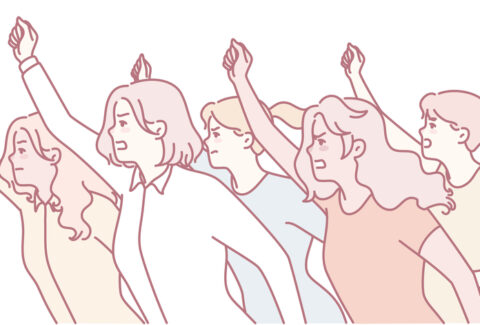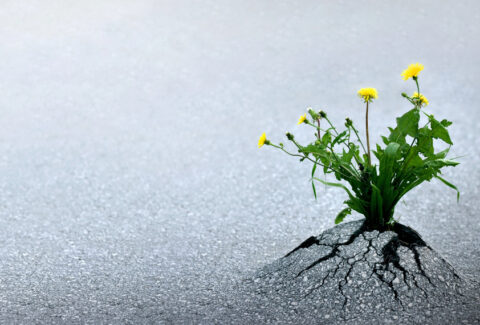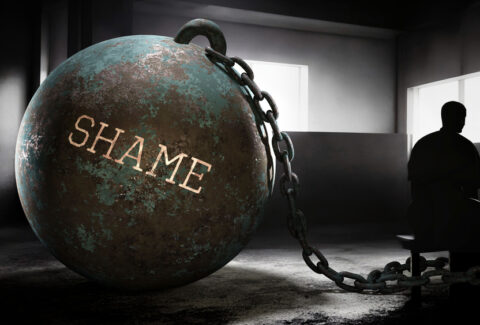Breaking the Cycle: Healing and Reclaiming Authentic Power
Introduction
Internalized oppression is not merely a set of beliefs; rather, it is a cycle, repeating itself across generations, reinforced by systemic structures and sustained by silence. Breaking this cycle requires more than awareness; it demands intentional healing and the reclamation of authentic power.
The Nature of the Cycle
Cycles of internalized oppression manifest through:
- Self-negation: Believing “I am less than.”
- Horizontal violence: Turning pain inward or against others within the same group.
- Intergenerational transmission: Passing down fear, silence, or resignation to children.
- Adaptation as survival: Normalizing oppression as “just the way things are.”
These cycles perpetuate themselves unconsciously, often without deliberate intention, but with profound consequences. Research in trauma and epigenetics shows that the effects of oppression can become biologically embedded across generations (Yehuda et al., 2016).
Healing Pathways
Healing is not linear. It requires layered work at individual, communal, and systemic levels:
- Awareness: Naming the cycle as oppression, not personal failure.
- Voice: Speaking truths silenced by history and reclaiming narratives.
- Embodiment: Practices such as breath awareness, mindfulness, and storytelling help restore a sense of wholeness.
- Connection: Healing circles, peer accountability, and solidarity break isolation and foster empowerment.
- Reimagining: Beyond dismantling, healing involves envisioning and practicing new realities of freedom.
Neuroscience shows that intentional practices of reframing and relational connection can rewire neural pathways, reducing the impact of trauma and reinforcing empowerment (Siegel, 2012).
Reclaiming Authentic Power
Authentic power is not dominance; rather, it is the capacity to act in alignment with one’s values, truth, and dignity. It emerges when individuals and communities:
- Reject imposed inferiority.
- Reaffirm intrinsic worth.
- Build collective agency.
- Transform pain into wisdom.
As Paulo Freire (1970) wrote, liberation is a praxis—reflection and action upon the world to transform it.
Reflection for the Reader
- In what ways have you seen cycles of silence, fear, or internalized doubt pass from one generation to the next?
- What practices, spaces, or relationships have helped you disrupt these cycles?
- What does authentic power look and feel like for you?
Conclusion
Breaking the cycle of internalized oppression is an act of profound courage and creativity. It is not only about dismantling what was imposed, but also about embodying new possibilities of dignity, freedom, and authentic power—lighting the path for generations to come.
References
- Freire, P. (1970). Pedagogy of the Oppressed. Continuum.
- Siegel, D. (2012). The Developing Mind: How Relationships and the Brain Interact to Shape Who We Are. Guilford Press.
- Yehuda, R., Daskalakis, N. P., Lehrner, A., et al. (2016). Intergenerational transmission of trauma effects: Epigenetic mechanisms. Neuropsychopharmacology, 41(1), 232–244.
Download the scholarly version of this article by clicking HERE

